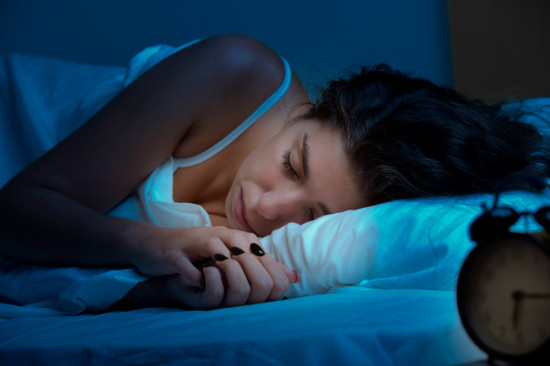*Yawn* Do you know what is the number one complaint in the doctor’s office?
Why can’t I go to sleep? Why can’t I stay asleep? Why am I so tired?
The Centers for Disease Control and Prevention published their findings revealing that insufficient sleep is an actual public health epidemic. How much sleep we need varies between individuals but generally changes as we age. The National Institutes of Health suggest that school-age children need at least 10 hours of sleep daily, teens need 9-10 hours, and adults need 7-8 hours.
Over time, sleep has been increasingly recognized as one of the most crucial necessities for public health, with sleep insufficiency linked to motor vehicle crashes, industrial disasters, medical, and other occupational errors. Unintentionally falling asleep, nodding off while driving, and having difficulty performing daily tasks because of sleepiness all contribute to these hazardous outcomes and errors. Persons experiencing sleep insufficiency are also more likely to suffer from chronic diseases such as hypertension, diabetes, depression, and obesity, as well as from cancer, increased mortality, and a reduced quality of life and productivity. Sleep insufficiency may be caused by broad scale societal factors such as round-the-clock access to technology and work schedules, but sleep disorders, such as insomnia or obstructive sleep apnea, also play an important role. (Snoring is a major indicator of obstructive sleep apnea.)
An estimated 50-70 million U.S. adults have sleep or wakefulness disorder.
I recently attended a Medical Intuition workshop with Caroline Myss & Dr. Norm Shealy, both pioneers in the field of Energy Medicine. Norm stressed the importance of sleep because it’s directly related to the function of our immune system. Getting an adequate amount of sleep ultimately prevents disease, but more importantly, it helps fight depression. The use of anti-depressants has skyrocketed in the last decade and sufficient shuteye can help elevate your energy.
After 35 years of clinical experience as a holistic medical practitioner, Dr. Norm Shealy has these suggestions to better regulate your sleep patterns.
1) Find regularity. Rise and go to bed at the same time each day.
2) Avoid caffeine after 3pm.
3) Limit your alcohol intake. Initially alcohol makes you feel drowsy, but then you’ll find a surge of energy after about three hours.
4) Go for a walk, engage in regular exercise for 30 minutes a day, 5 days a week.
5) Cut down your sugar intake. The more you eat, the more your internal system becomes imbalanced.
6) Try a hot soak. Submerge your body in a lavender Epsom salt bath at least three hours before bedtime.
7) Make sure that you’re getting an adequate intake of Vitamin B complex. These essential nutrients help convert our food into fuel, allowing us to stay energized throughout the day and sleepy at night. A good multivitamin is essential too!
8) Try out Autogenic Training, a form of relaxation therapy involving autosuggestion. It primarily regulates the biochemistry of your entire body. If you’re curious you can take a listen to Steven Halpern’s SleepScape Delta CD.
9) Eliminate any electrical gadgets that are within six feet of your head.
10) Block any sort of light from your room. A clock light or anything else interferes with melatonin levels.
11) Purchase timed-release melatonin starting at 3mg and gradually increasing to 12-15mg. If this doesn’t work add Taurine supplement and magnesium lotion.
Relax your body, calm your mind and sleep will find you.
Sweet dreams,
g.
*Consult your physician before taking any products…blah, blah, blah*
11

Comments